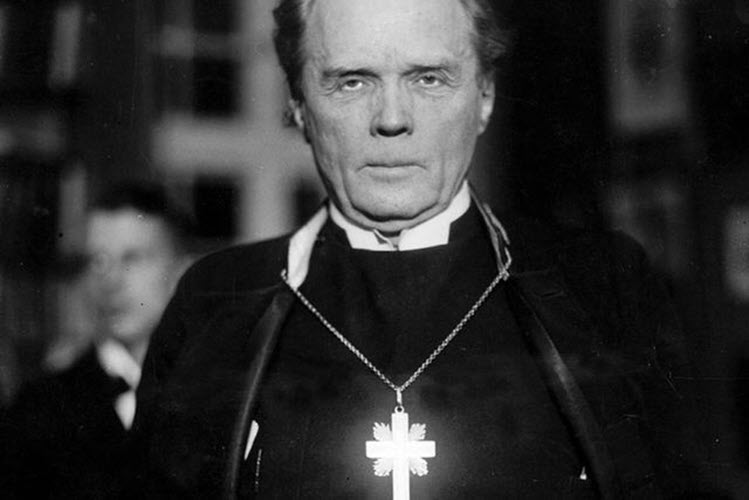Jonathan Soderblom (15 January 1866 – 12 July 1931) was a Swedish clergyman. He was awarded the Nobel Peace Prize in 1930.
Life and Career
He was born on 15 January 1866, in Uppsala, Sweden. He grew up in a devout Christian family in rural Sweden. From an early age, he displayed a keen interest in theology and spirituality. Söderblom pursued his education at Uppsala University, where he studied theology and philosophy. His deep commitment to his faith and his intellectual curiosity laid the foundation for his future work as a theologian and advocate for interfaith dialogue.
Soderblom’s work as a theologian centered on promoting unity and understanding among different religious traditions. He dedicated himself to the cause of ecumenism, seeking to bridge the gaps between various Christian denominations and foster dialogue between different faiths. Soderblom believed that by emphasizing commonalities and shared values, societies could achieve greater harmony and peaceful coexistence.
As his career progressed, he became increasingly involved in international ecumenical efforts. He played a crucial role in establishing the Life and Work movement within the World Council of Churches, promoting social justice and Christian unity. Söderblom’s visionary leadership and unwavering commitment to interfaith dialogue earned him widespread recognition and respect.
One of Soderblom’s most significant achievements was his pivotal role in organizing the Stockholm Conference in 1925. This historic gathering brought together representatives from various Christian denominations and marked a significant milestone in the modern ecumenical movement. The conference emphasized the importance of unity, common worship, and social action, setting the stage for future interfaith dialogues and cooperation.
Nathan Söderblom passed away on 12 July 1931, leaving behind a profound legacy of promoting peace, unity, and interfaith understanding.
Award and Legacy
He was awarded the Nobel Peace Prize in 1930 for his outstanding contributions to advancing ecumenism and promoting peace among religious communities.
His contributions to the field of ecumenism continue to shape the work of religious leaders and organizations worldwide. Söderblom’s vision of a more harmonious and inclusive world, where people of different faiths come together in mutual respect and cooperation, remains an enduring inspiration.
His legacy continues to influence religious dialogue today by emphasizing the importance of interfaith understanding and cooperation. His work serves as a reminder of the shared values and common ground among different religious traditions. Söderblom’s vision of unity and mutual respect continues to inspire religious leaders and organizations to engage in meaningful dialogue and work towards peaceful coexistence.

